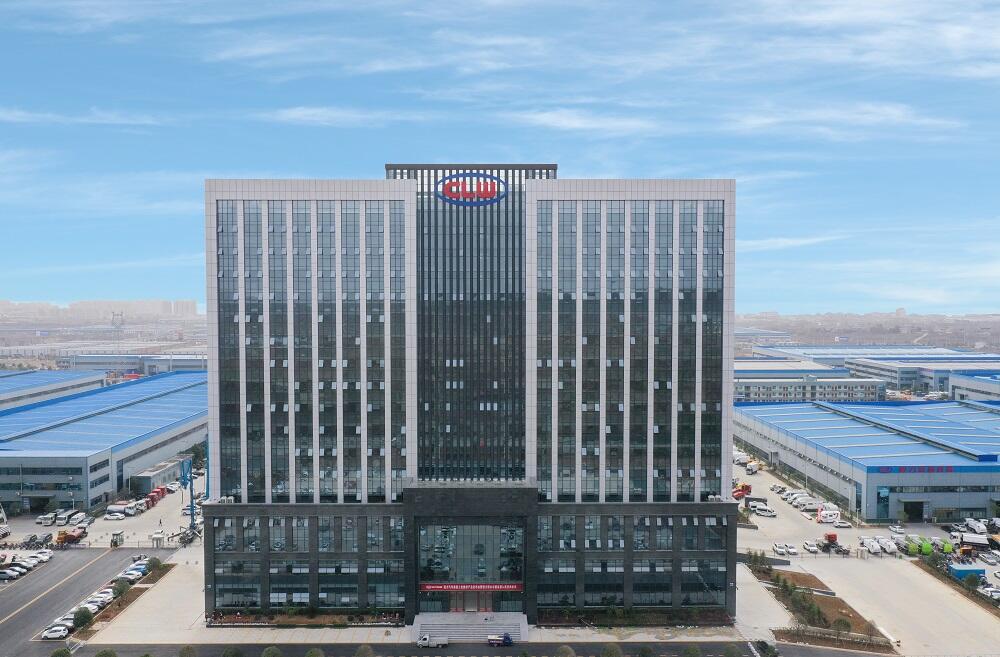
Corrosive substances tankers are specialized vehicles engineered to transport highly reactive and destructive materials, such as strong acids, alkalis, and other corrosive chemicals. The construction of these tankers prioritizes safety and durability, with tanks made from premium corrosion - resistant materials. Stainless steel alloys, especially those with enhanced resistance like 316 stainless steel, are commonly used. Alternatively, specialized polymers and fluoropolymer linings offer excellent protection against chemical attacks. These tankers feature advanced safety systems, including double - walled structures that act as a barrier against leaks. Emergency shut - off valves can quickly halt the flow of corrosive substances in case of an accident, while sophisticated leak - detection sensors provide real - time monitoring. Pressure - relief valves are installed to manage internal pressure, preventing tank over - pressurization. Spill - containment measures, such as drip pans and absorbent materials, are integrated to handle potential leaks safely. Rigorous compliance with international and local transportation regulations, including strict labeling and documentation requirements, ensures the secure movement of these hazardous materials. This comprehensive approach safeguards both the transportation personnel and the environment during transit, making corrosive substances tankers essential for industries that rely on the safe delivery of such challenging chemicals.
